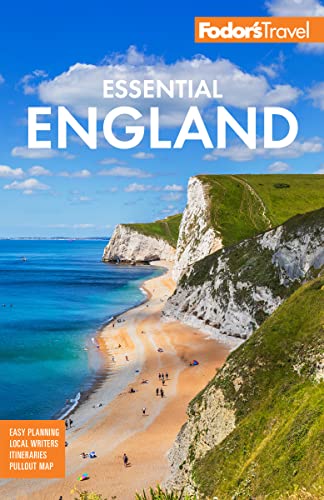The town nearest to the celebrated Glyndebourne Opera House, Lewes is so rich in history that the Council for British Archaeology has named it one of the 50 most important English towns. A walk is the best way to appreciate its steep streets and appealing jumble of building styles and materials—flint, stone, brick, tile—and the secret lanes (called "twittens") behind the castle, with their huge beeches. Here and there are smart antiques shops, good eateries, and secondhand-book dealers. Most of the buildings in the center date to the 18th and 19th centuries.
Something about this town has always attracted rebels. It was once the home of Thomas Paine (1737–1809), whose pamphlet Common Sense advocated that the American colonies break with Britain. It was also favored by Virginia Woolf and the Bloomsbury Group, early-20th-century countercultural artistic innovators.
Today Lewes's beauty and proximity to London mean that the counterculture crew can't really afford to live here anymore, but its rebel soul still peeks through, particularly on Guy Fawkes Night (November 5), the anniversary of Fawkes's foiled attempt to blow up the Houses of Parliament in 1605. Flaming tar barrels are rolled down High Street and into the River Ouse; costumed processions fill the streets.





